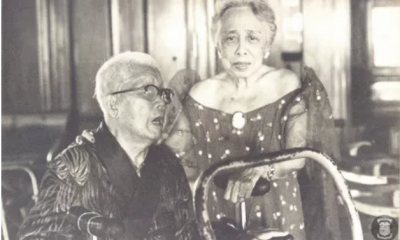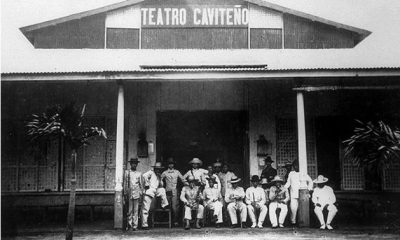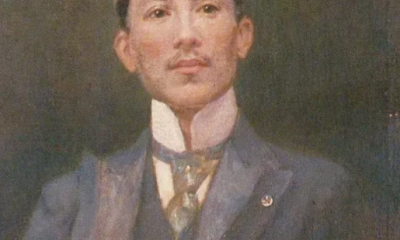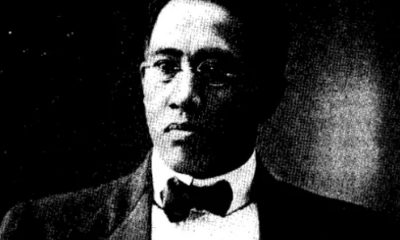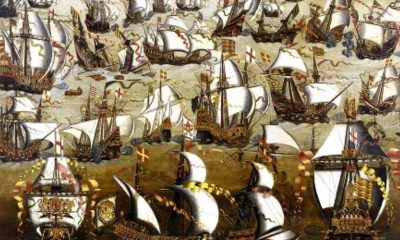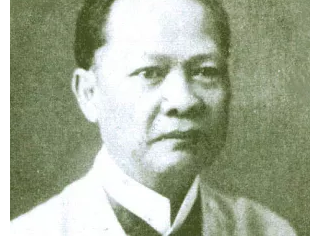History
Today in Ph History, Dec. 18, 1856, Graciano Lopez Jaena was born in Jaro, Iloilo
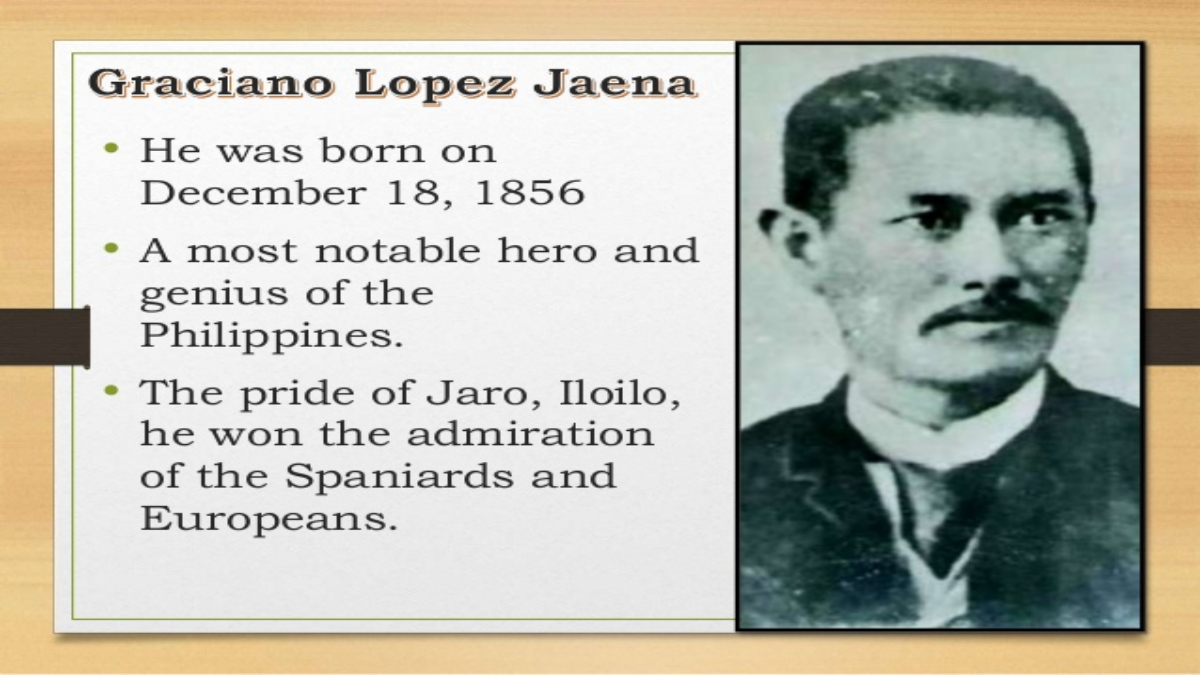

On December 18, 1856, Graciano Lopez Jaena, one of the pillars of the Reform Movement during the Spanish occupation, was born in Jaro, Iloilo.
At a young age, his religious mother sent him to a seminary in Jaro, feeling that priesthood was the noble profession for her son. However, his study of religion and the atmosphere in the seminary did not prevent him from unleashing his energies against the oppressors of his country and people.
His frequent visits to the poor and ordinary people in the remote areas made him realize how bad their living conditions were under the Spanish rule.
Lively and intelligent, he took writing early in life and produced a tale entitled “Fray Botod” in 1874. The satirical novel ridiculed the friars as abusive, cruel, lazy, greedy and immoral, who spoke of saintly verses but could not see their own wrongdoings.
This infuriated the Spanish clergy and Lopez Jaena was forced to leave for Spain to study medicine (which he did not finish) at the University of Valencia to avoid threats to his life.
In Spain, from huge gatherings (social and political clubs), he bravely spoke about the evils of the Spanish rule in his country; denouncing vigorously the role of the friars in introducing and maintaining obscurantism in the Philippines and in obstructing progress of the people.
Historians regard Lopez Jaena, Marcelo del Pilar and Dr. Jose Rizal as the triumvirate of Filipino propagandists.
He was one of the founders and editors of La Solidaridad in 1888, which served as the mouthpiece of the Filipinos in Spain. As editor, Lopez Jaena did not receive any salary. His only compensation was free lodging, meals, clothing and a little pocket money for trivial expenses.
He also wrote in many publications in Europe, where his name became famous as the “Fighting Filipino Journalist” abroad.
His obsession to free his country sapped his physical strength, until he died of tuberculosis on January 20, 1896 in Barcelona, Spain. This was followed by the death of Marcelo H. del Pilar on July 4 of the same year, and of Dr. Rizal by firing squad on December 30, thus ending the great triumvirate of Filipino propagandists.
Reference:
Philippine News Agency
SOURCE: kahimyang



